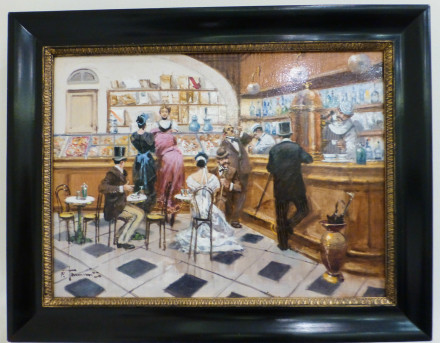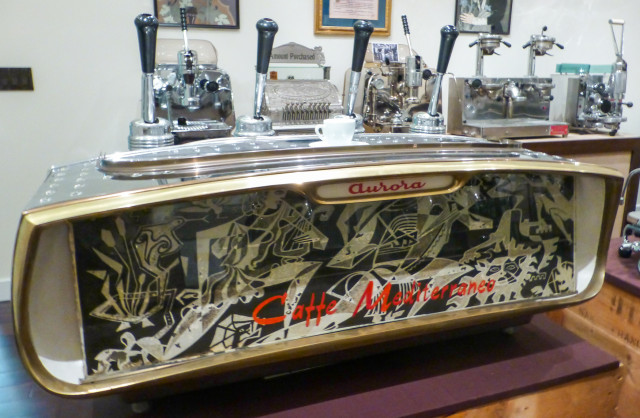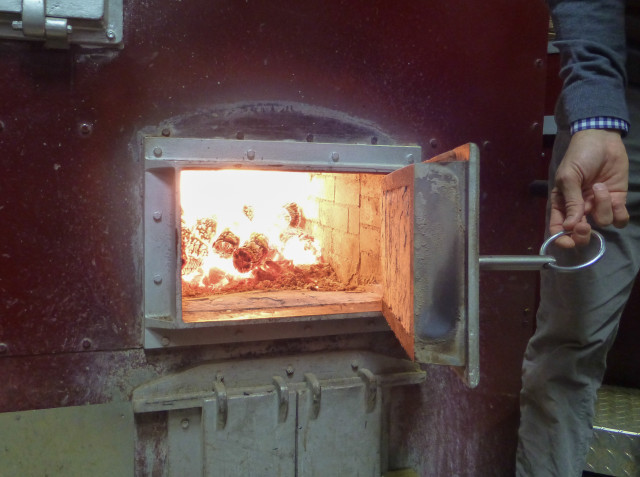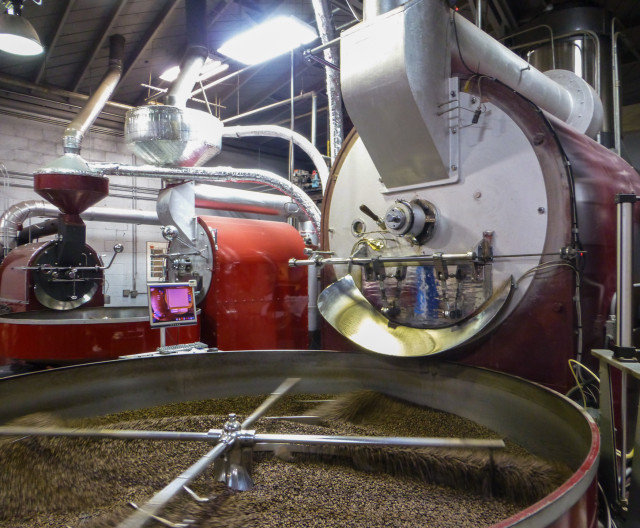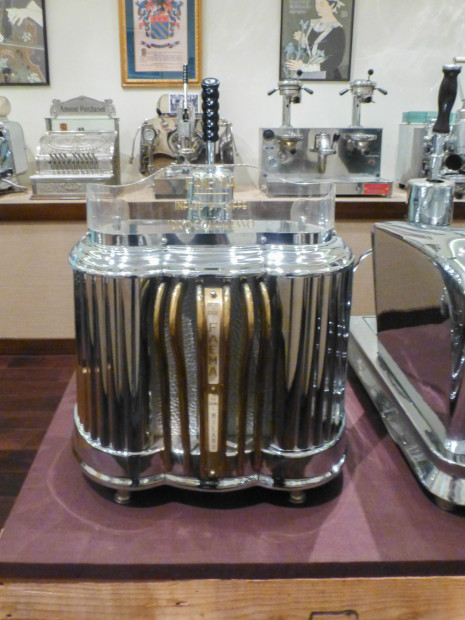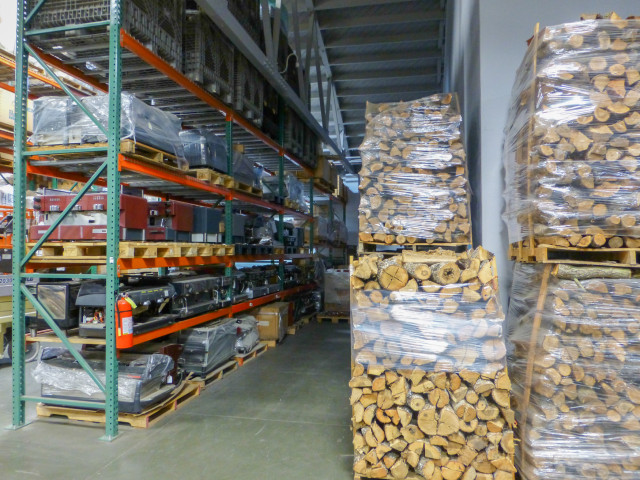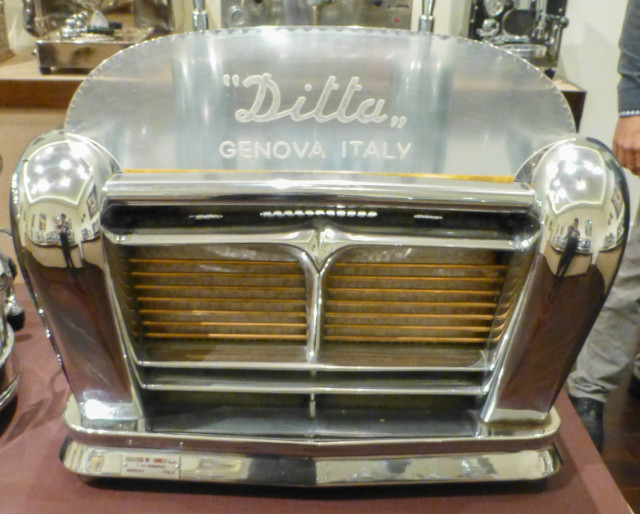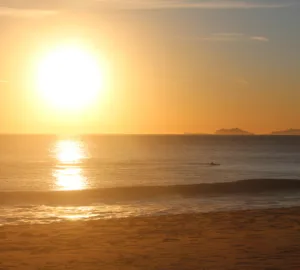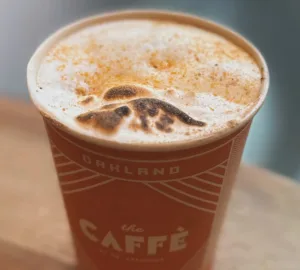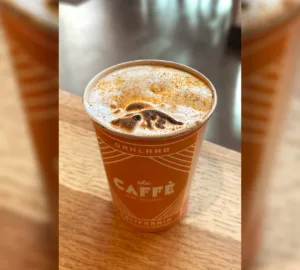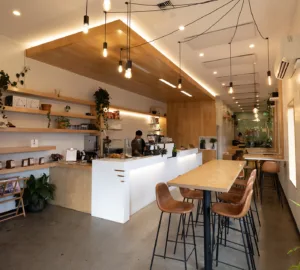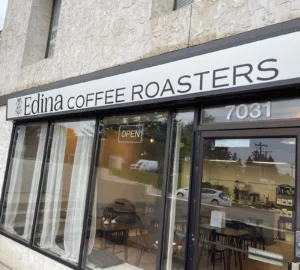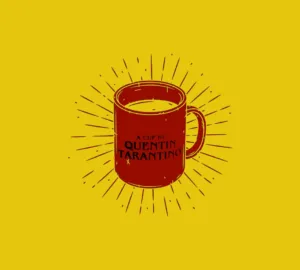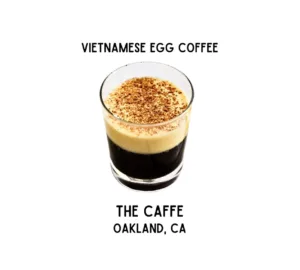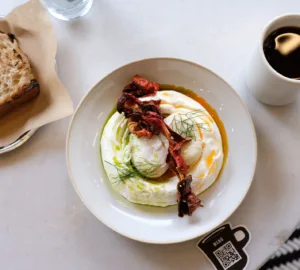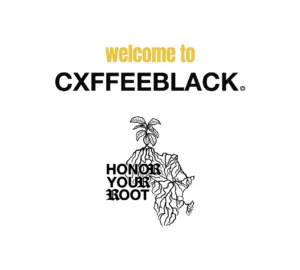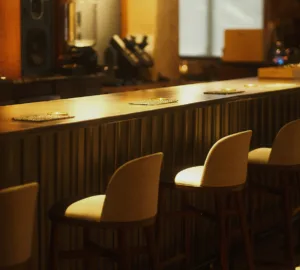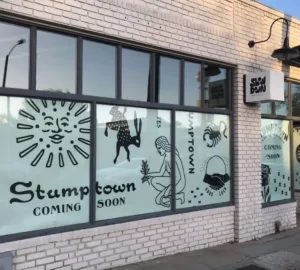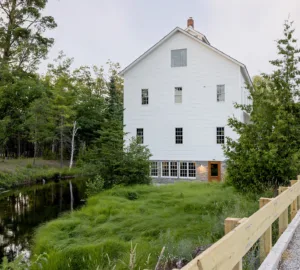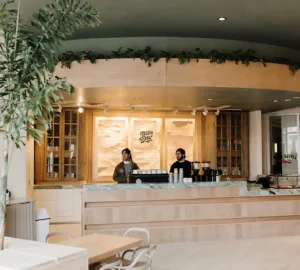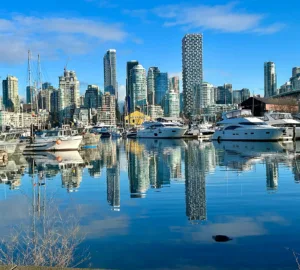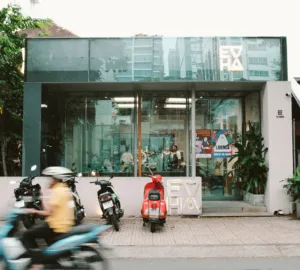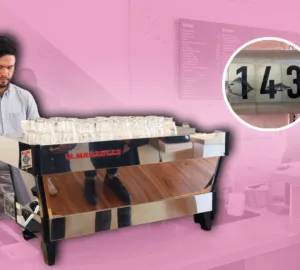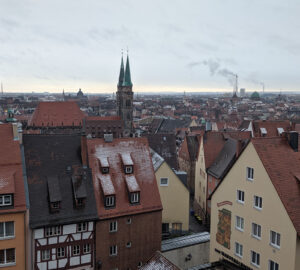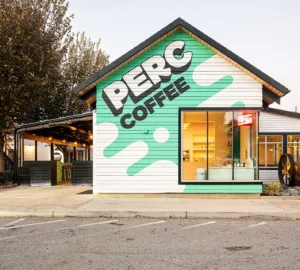Carlo di Ruocco founded Mr. Espresso in 1978 as an espresso machine importer, roughly an eon ago in the coffee geologic timescale. Mr. di Ruocco is still at the helm of the Oakland company, now also a coffee roaster; many of the Bay Area’s first espresso machines were imported by our friends and partners at Mr. Espresso. Today, the family company (administered by sons Luigi and John di Ruocco) remains steeped in tradition, and their roasting facility in Oakland is a wonderland of chrome vintage espresso machines, a rare wood-fired coffee roaster, and a modern slate of coffee offerings.
Mr. Espresso was instrumental in spreading early espresso culture in the Bay, both with their machines and service, and with the beans they started roasting to supply the (then) new-fangled machines they were bringing in. Carlo Di Ruocco learned the ways of roasting at a traditional wood-fired roastery in Salerno, Italy. Nowadays their roasters use RoastLog software for precise and careful control, but the oak wood has stayed. Luigi Di Ruocco claims that the low, even heat of the wood leads to a “slower roasting process that makes for more mellow and sweet espresso.”
When Carlo di Ruocco first moved to America, he worked as an elevator technician, living in Alameda, CA. He travelled back and forth between Italy and the Bay Area several times a year to visit family. His restaurateur brother, Franco, asked him to bring back an espresso machine from one of his trips, and di Ruocco quickly realized that there was a demand for machines. He signed on with Aurora initially as a distributor, and the family’s garage became a showroom and repair shop.
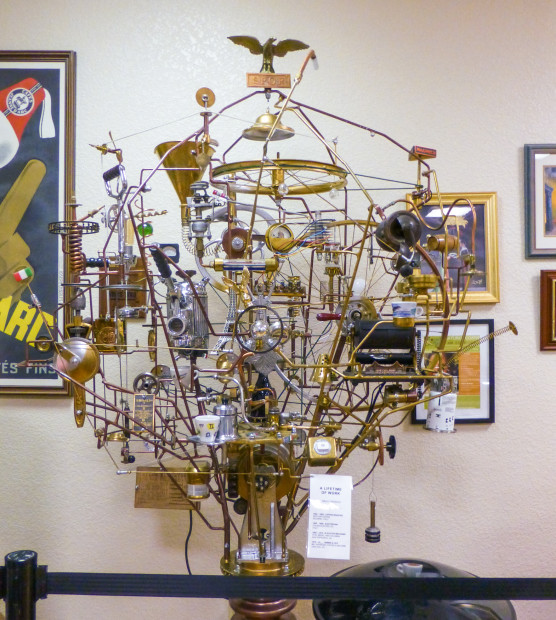
At the time, specialty coffee, and especially espresso-style preparation was a very nascent industry. Peet’s Coffee, widely recognized as one of the foundational pillars of the early specialty coffee movement, was founded in Berkley, CA in 1966, and Cafe Allegro, the first espresso bar in Seattle, was founded in 1975. In the Bay, espresso was to be found largely in Italian restaurants, and Mr. Espresso supplied many of these forerunners of the Bay’s modern, very deep and varied specialty coffee scene.
Mr. Espresso made it possible for small cafes to purchase espresso machines without having to go directly through the manufacturers or travel to Italy themselves. Cafes wouldn’t have to deal with shipping issues, language barriers, and the higher costs of self-importing. In addition to supplying these machines with espresso-style roasted coffee, Mr. Espresso also served as an espresso machine tech and service center, providing support and installation services of the complicated new machines. Eventually, the café culture in the Bay became so booming that Mr. Espresso had to move to a warehouse space in the Jack London Square neighborhood of Oakland.
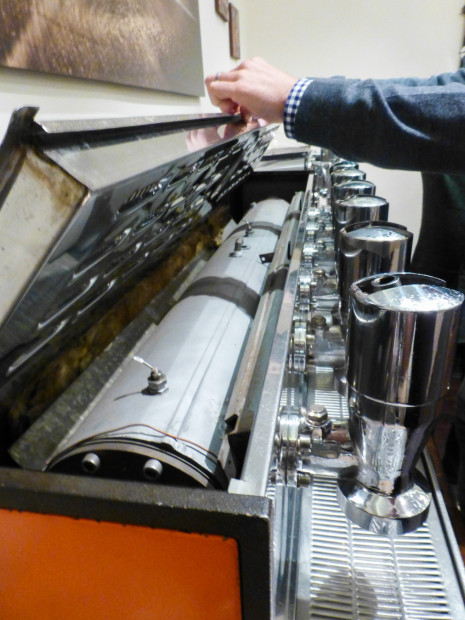
The espresso bar has come to dominate the US coffee landscape, but that was by no means a guaranteed thing. Like Ibrik-style Turkish coffee, espresso could have remained a fringe taste here in North America. You can imagine espresso as a product popular in Italian neighborhoods and among a few world travelers who had acquired the taste in Europe, while the rest of the country could have carried on with diner-style, low-strength filter-brewed coffee. Charting the evolution of the US coffee scene is a complicated endeavour to be sure, but there is no doubt that the first espresso drinks that many people in the Bay Area tried were made on machines imported by Mr. Espresso.
Mr. Espresso is roasting coffee in that same Jack London Square warehouse today, a neighborhood that has changed tremendously since Mr. Espresso first moved in (including the Blue Bottle roastery moving in down the street). Alongside the stacks of oak wood are shelves full of older Faema espresso machines, now mainly used for refurbishments and parts. In one corner of the warehouse is a showroom with some truly unique and beautiful older machines on proud display. Tradition is clearly important here: when I went to tour the roastery, Luigi di Ruocco asked me to drink their espresso the way his father does, with a spot of sugar dropped in, un-stirred. He told me to “sip it, then swirl it around and drink the rest.”
None of which is to say that Mr. Espresso doesn’t have its eyes firmly set on the future. The company’s recent venture into coffee retail, Coffee Bar SF, helmed by Luigi di Ruocco, is serving more progressively oriented coffee in gorgeous cafes in the Mission and the Financial District, and offering forward-thinking amenities to the modern SF café crowd. That mixture of old and new is at the heart of coffee in the Bay Area coffee scene, anchored by brands like Peet’s, Philz, and even Blue Bottle, whose 12+ years in the business is a long time by coffee standards. It’s a balancing act, to be sure, managing tradition with the modern milieu of coffee in the Bay, like composing an espresso blend, or keeping the heat in a wood-burning roaster just right.
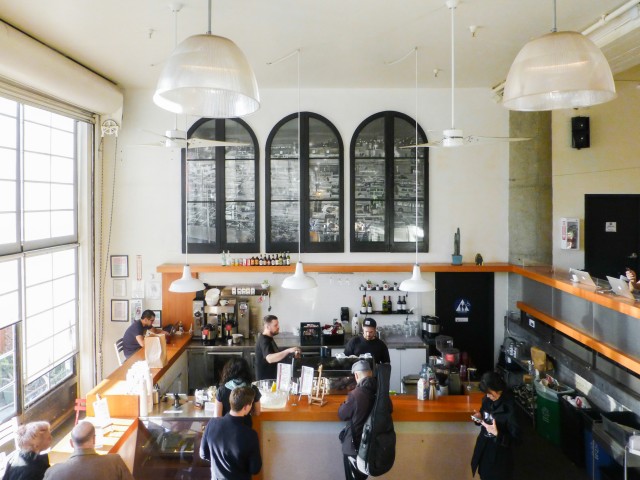
Leif Haven (@LeifHaven) is a Sprudge.com staff writer based in Oakland. Read more Leif Haven on Sprudge.
Original photography by Sprudge.com Assistant Editor Alex Bernson (@AlexBernson) for Sprudge.com. More Bernson here.











